Work With Us
- Home
- Work with us
What our assay can do for you
We provide combined genotyping and MRD assays for research purposes across all cancers. Our particular expertise is in lymphomas and hematological cancers. Beyond our standard assays we can integrate individual, exploratory features in collaboration projects. Please contact us for more information.
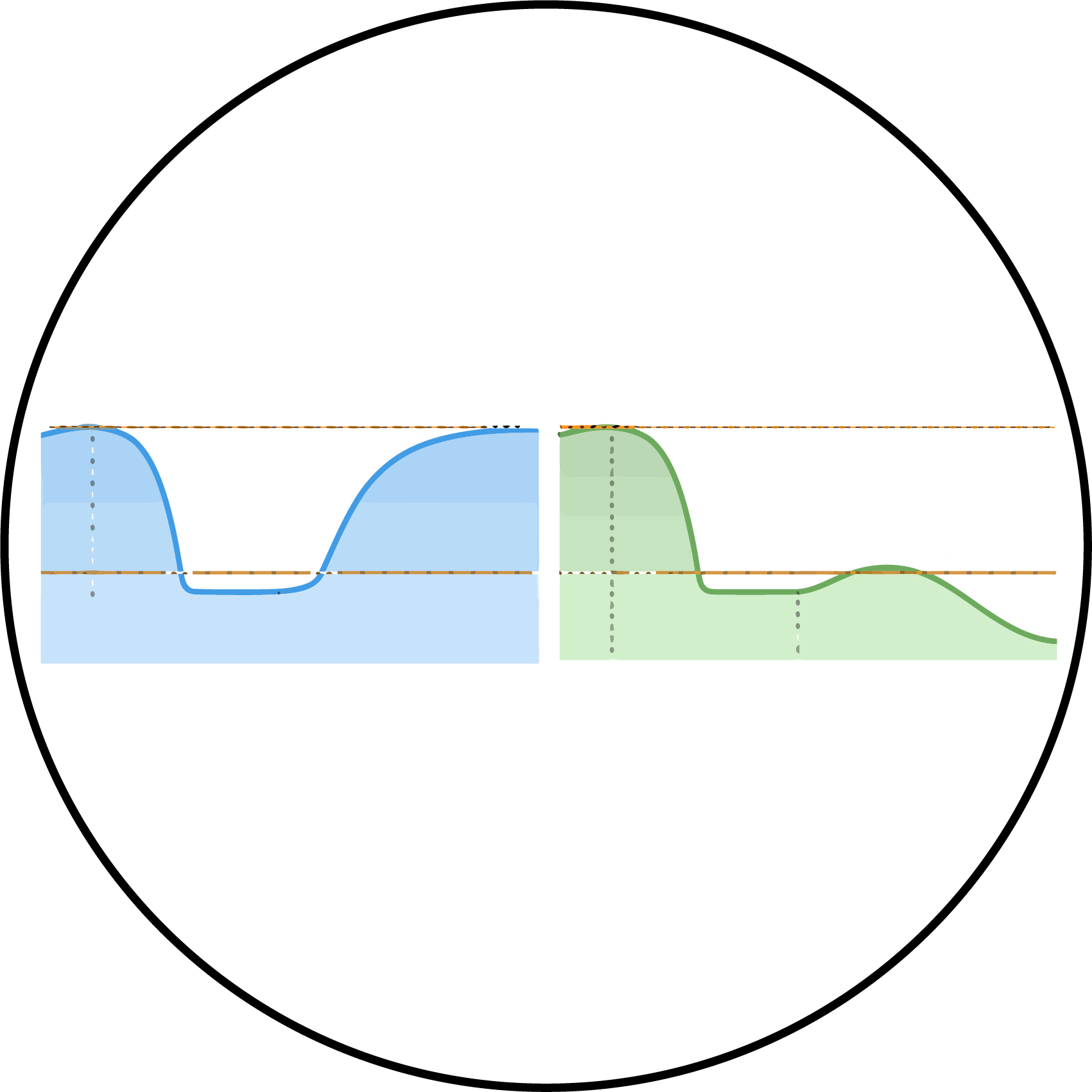
Minimal Residual Disease
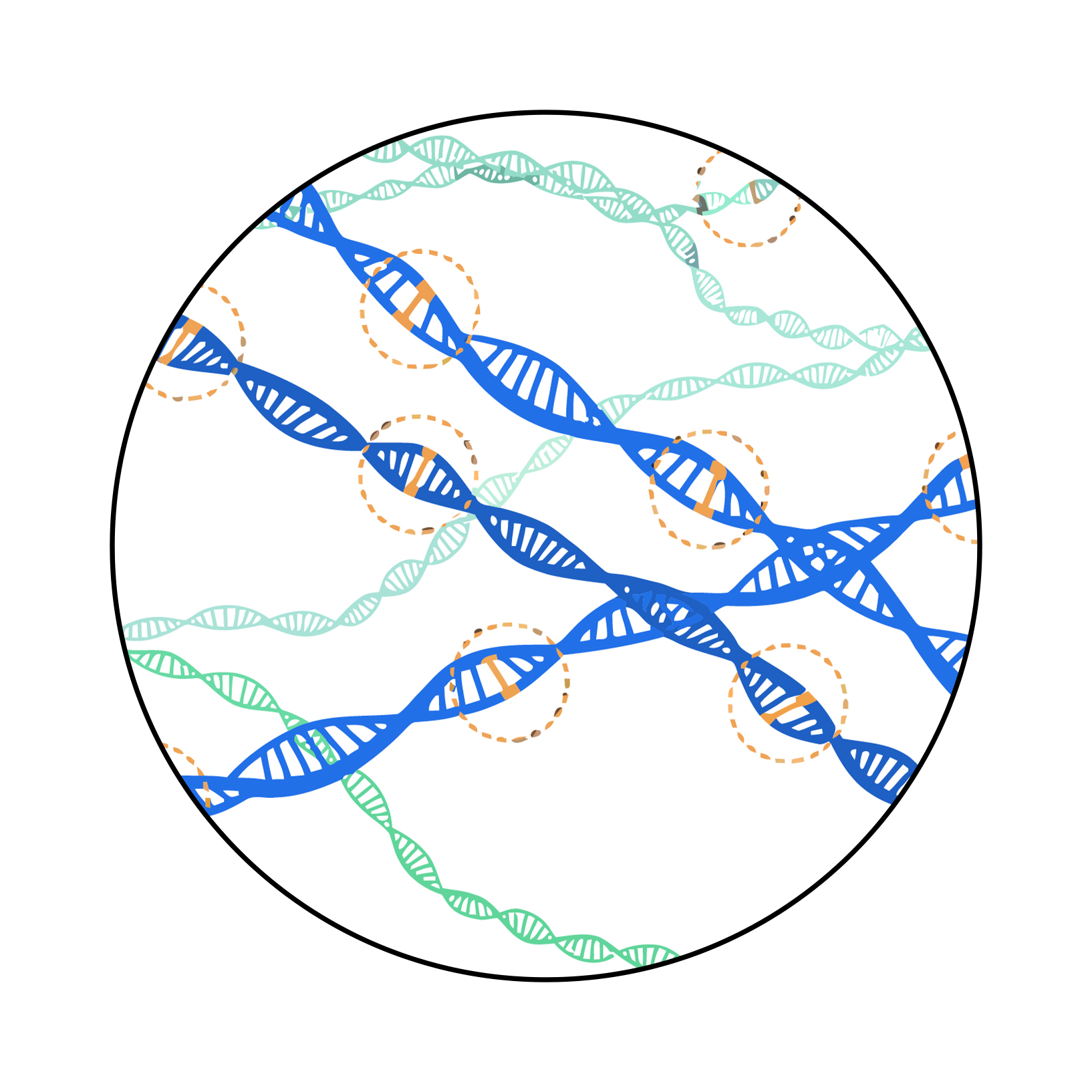
Genotyping
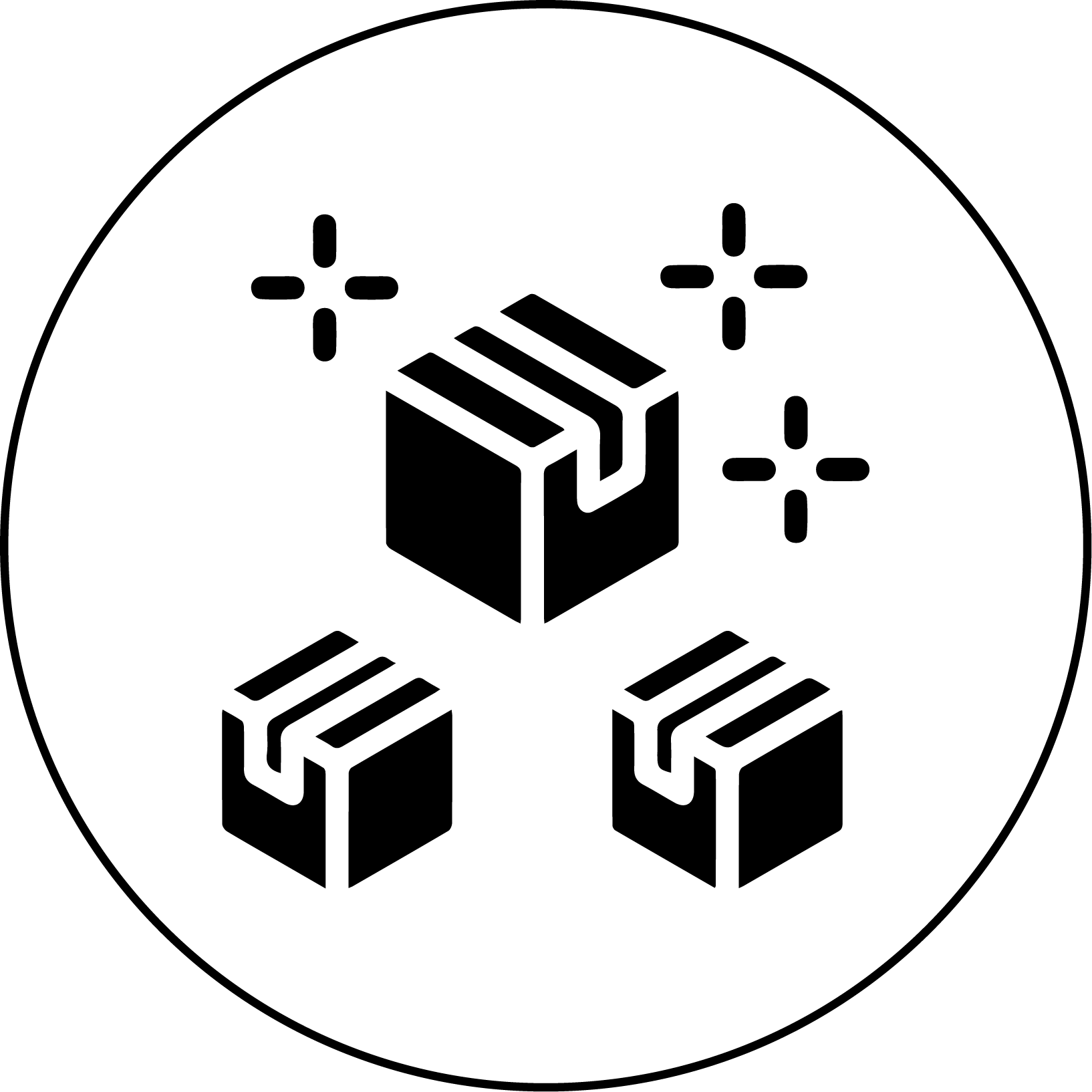
Bespoke Features
Medical Services
Typical sampling flow for individual patients

A blood sample is sent to Liqomics and analyzed to identify tumor variants in the circulating tumor DNA to genotype the tumor and identify variants to track over time for MRD detection.
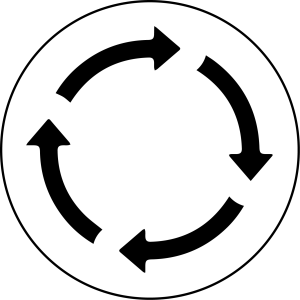
Blood samples are sent to Liqomics and the identified tumor variants identifying each tumor are used to track minimal residual disease (MRD) at extremely high accuracy.
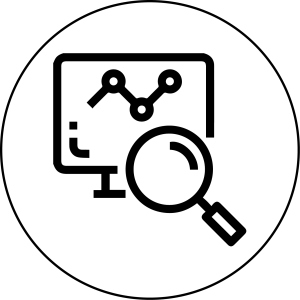
Blood samples are sent to Liqomics for monitoring of patients in remission. An increase in MRD can trigger a new treatment much earlier than a radiological relapse.
Cancers we cover
We have a highly sensitive combined MRD and genotyping assay for all lymphomas readily available. Assays for solid tumors such as lung cancer, gynecological tumors or pancreatic cancer can easily be designed for individual projects, leveraging our unique platform. Specific genomic targets that are of interest for your project can easily be included. Please contact us for more information.
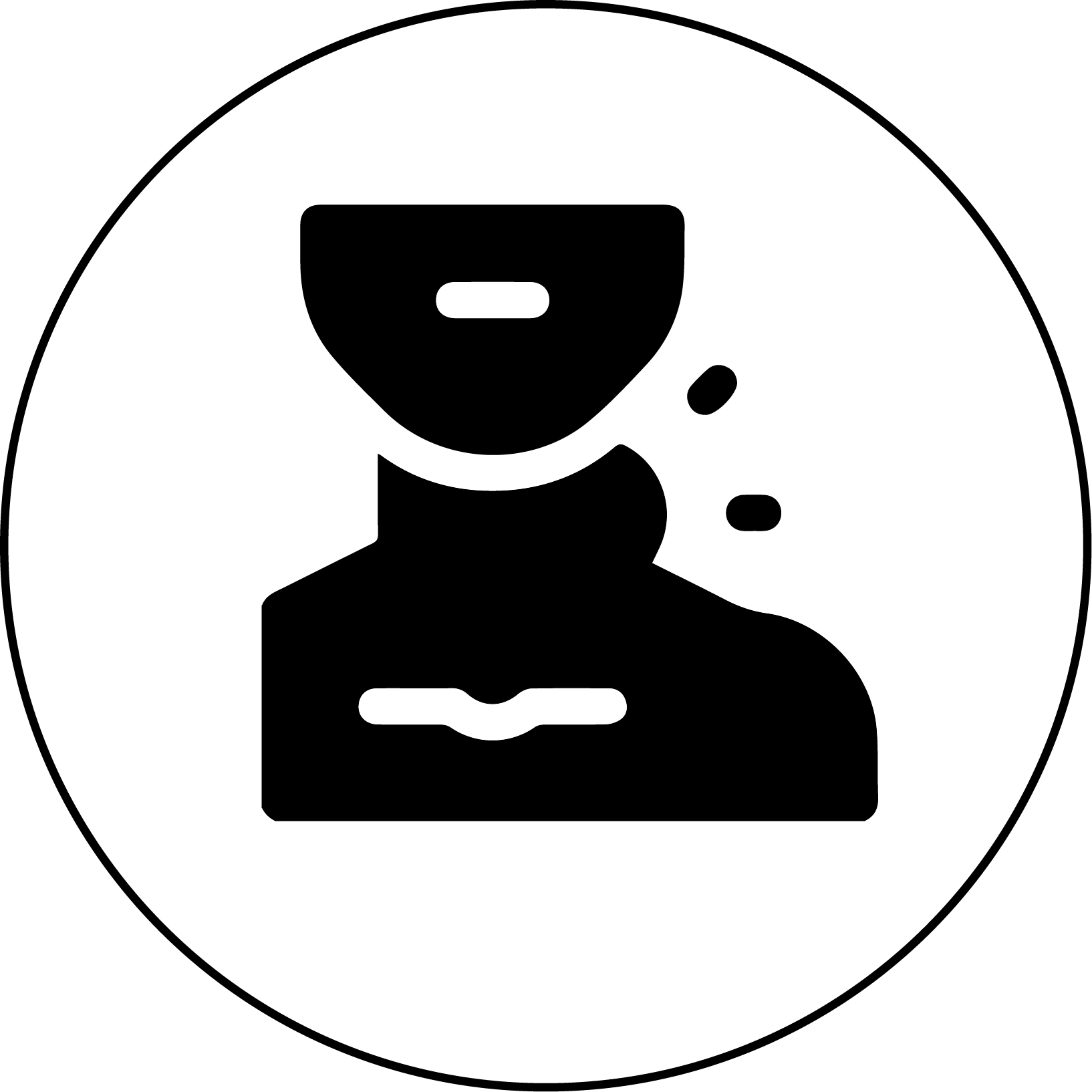
Lymphoma
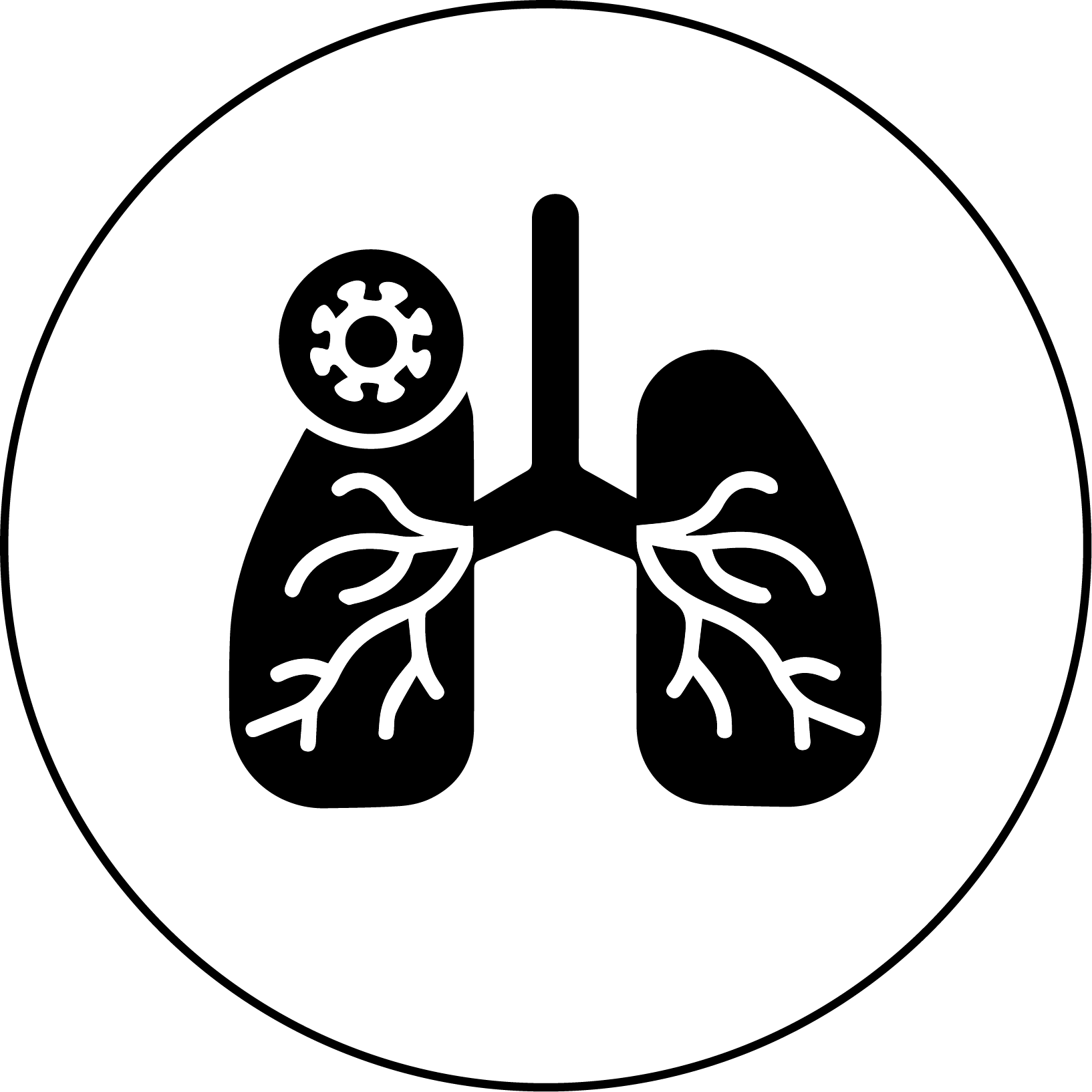
Lung Cancer
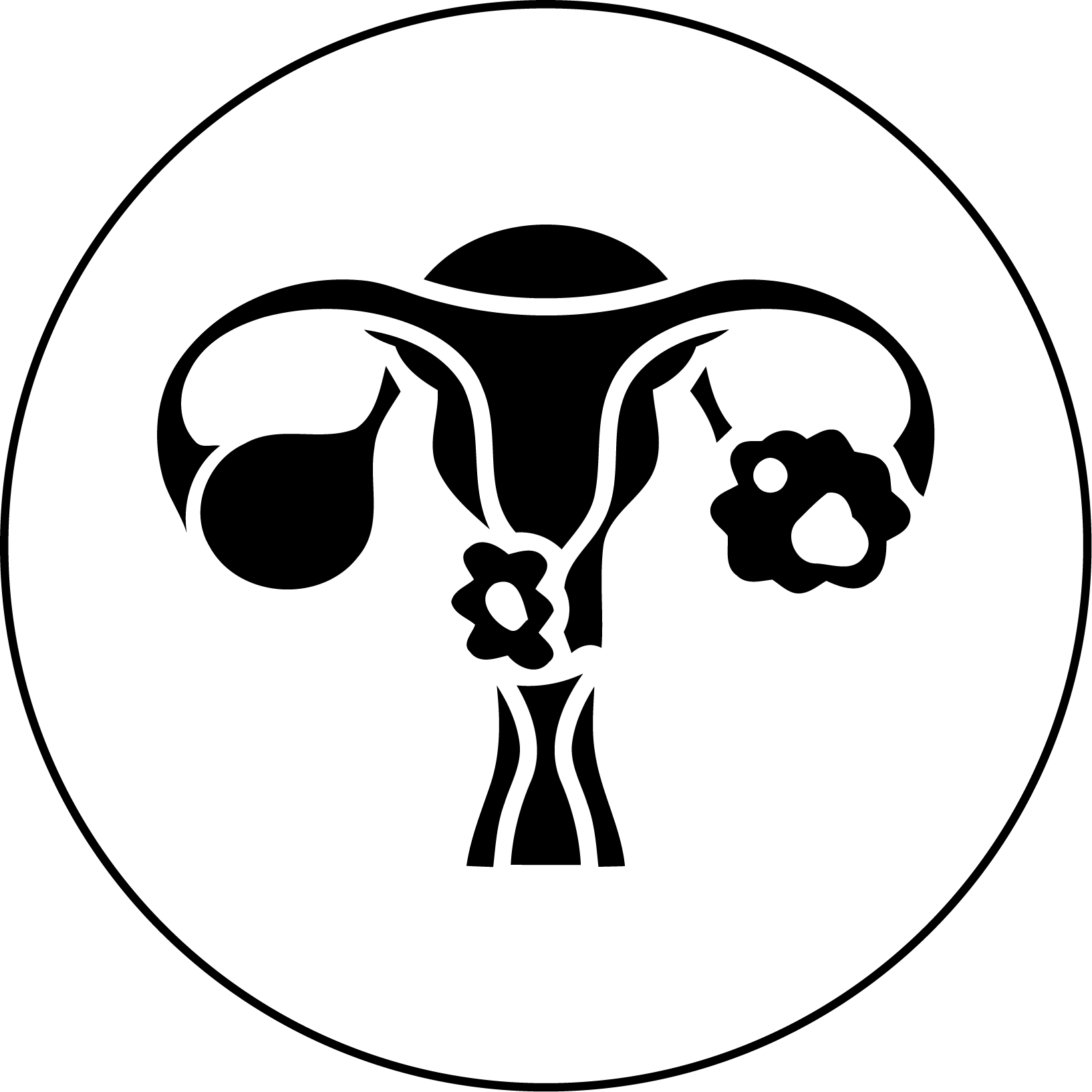
Gynecological Tumors
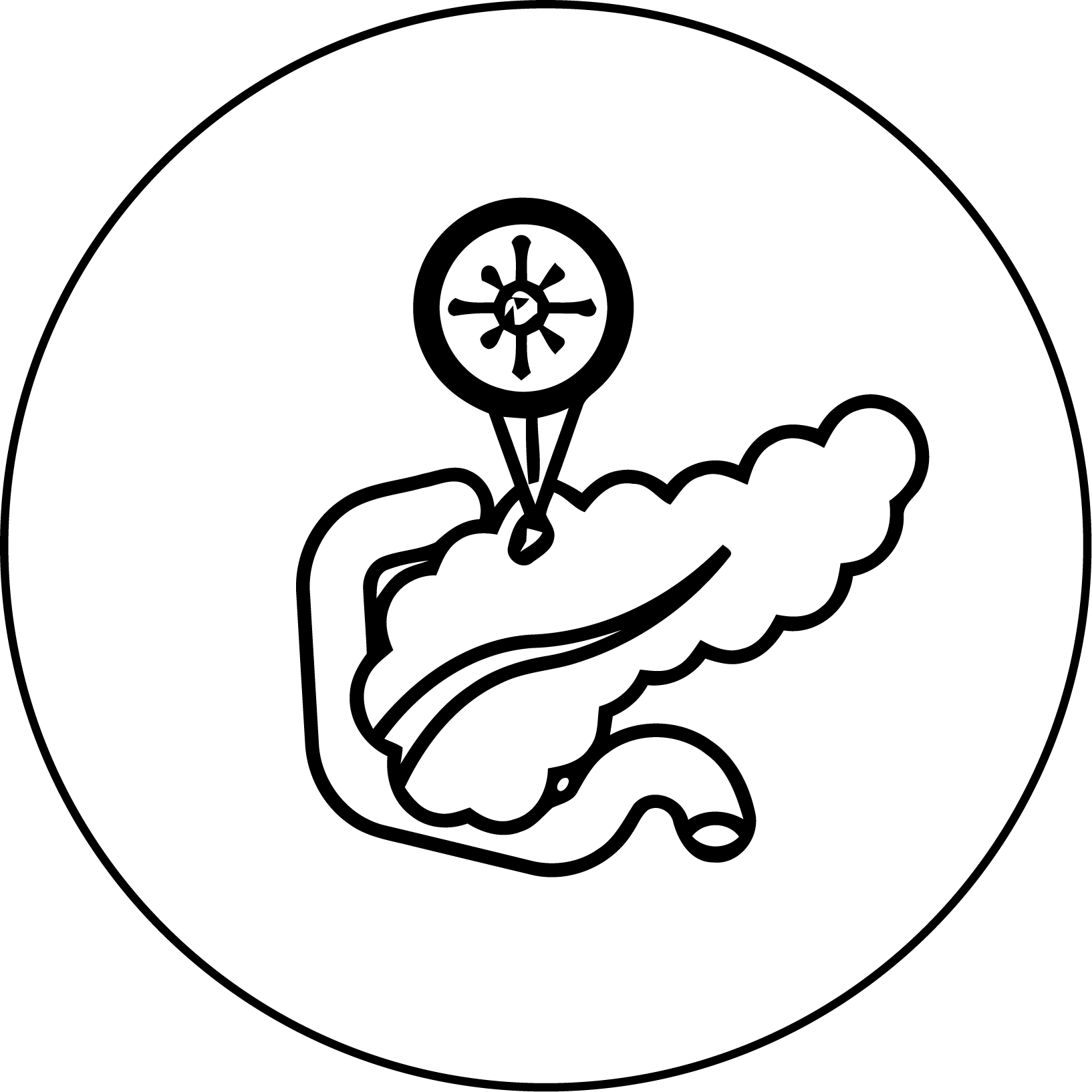
Pancreatic Cancer
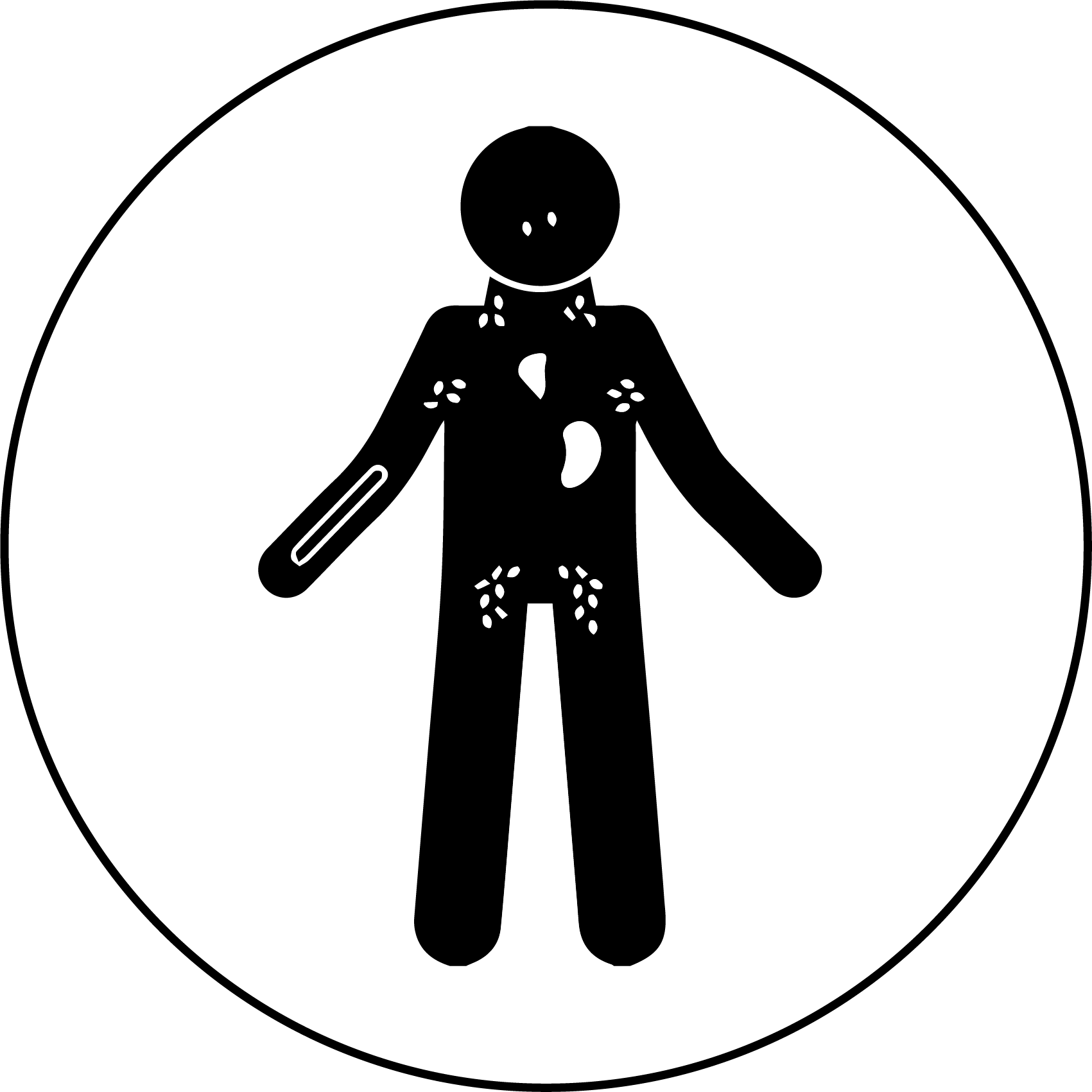
Other Cancers
What cancers do we cover
We have a highly sensitive combined MRD and genotyping assay for all lymphomas readily available. Assays for solid tumors such as lung cancer, gynecological tumors or pancreatic cancer can easily be designed for individual projects, leveraging our unique platform. Specific genomic targets that are of interest for your project can easily be included. Please contact us for more information.

Treatment start / Patient enrollment
A blood sample is sent to Liqomics and analyzed to identify tumor variants in the circulating tumor DNA to genotype the tumor and identify variants to track over time for MRD detection.
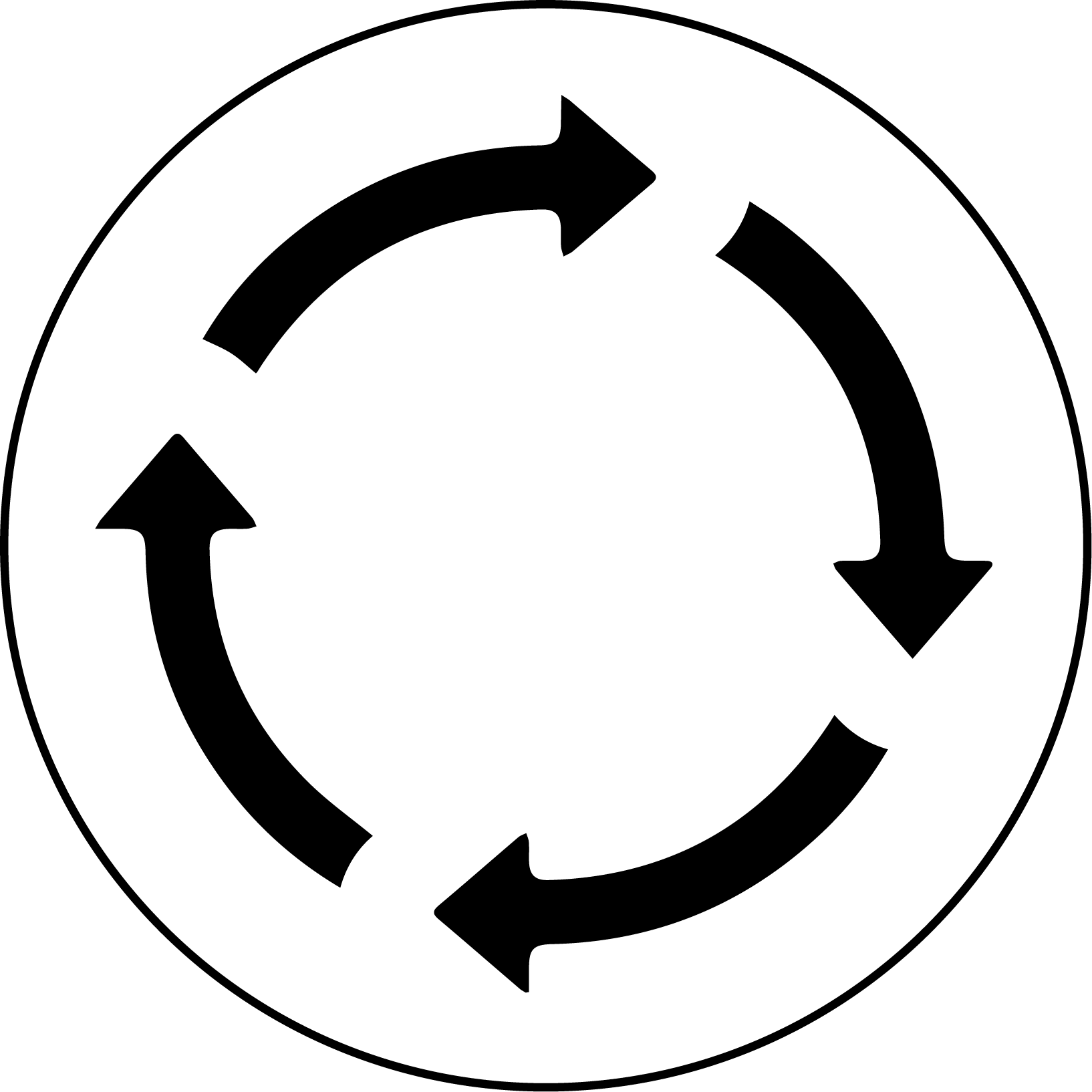
During Treatment
Blood samples are sent to Liqomics and the identified tumor variants identifying each tumor are used to track minimal residual disease (MRD) at extremely high accuracy.
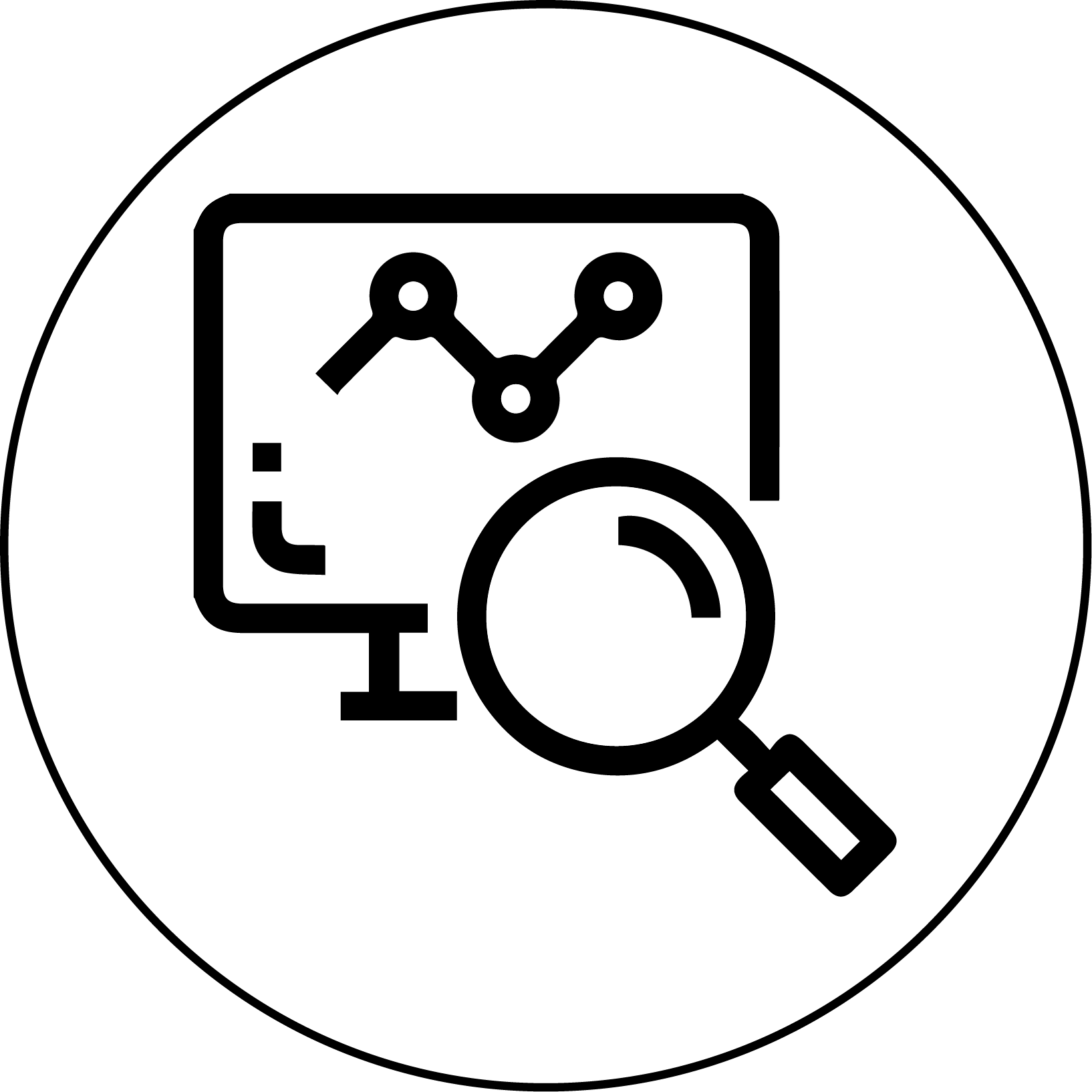
After Treatment / Monitoring
Blood samples are sent to Liqomics for monitoring of patients in remission. An increase in MRD can trigger a new treatment much earlier than a radiological relapse.
What we can do for you if you are a CRO or Pharmaceutical Company
Use MRD in your clinical trial design
Whether it is selecting patients for trial enrollment based on MRD status, using MRD as an exploratory endpoint or surrogate endpoint. Our test can help you to design better trials.
Understand the treatments you are testing in more detail
Our MRD assay allows you to understand how well patients are responding to the treatment you are testing with unprecedented sensitivity and specificity. While we do not aim to substitute imaging for response assessment, the depth of response to a given treatment can be better understood using our MRD test.
Understand resistance to the treatments you are testing
With our test, you can see the emergence of potential resistance mutations without another biopsy. This can help you to understand why a treatment is working or not working.
How We Work
Publications
Here are some publications from our early development showing applications in Hodgkin Lymphoma and CNS Lymphoma.
Heger et al
Entirely noninvasive outcome prediction in central nervous system lymphomas using circulating tumor DNA. Blood (2024) 143 (6): 522–534.
(LINK: https://doi.org/10.1182/blood.2023022020 )
Sobesky et al
In-depth cell-free DNA sequencing reveals genomic landscape of Hodgkin’s lymphoma and facilitates ultrasensitive residual disease detection. Med (2021) 2 (10), 1171-1194.
(LINK: https://doi.org/10.1016/j.medj.2021.09.002 )
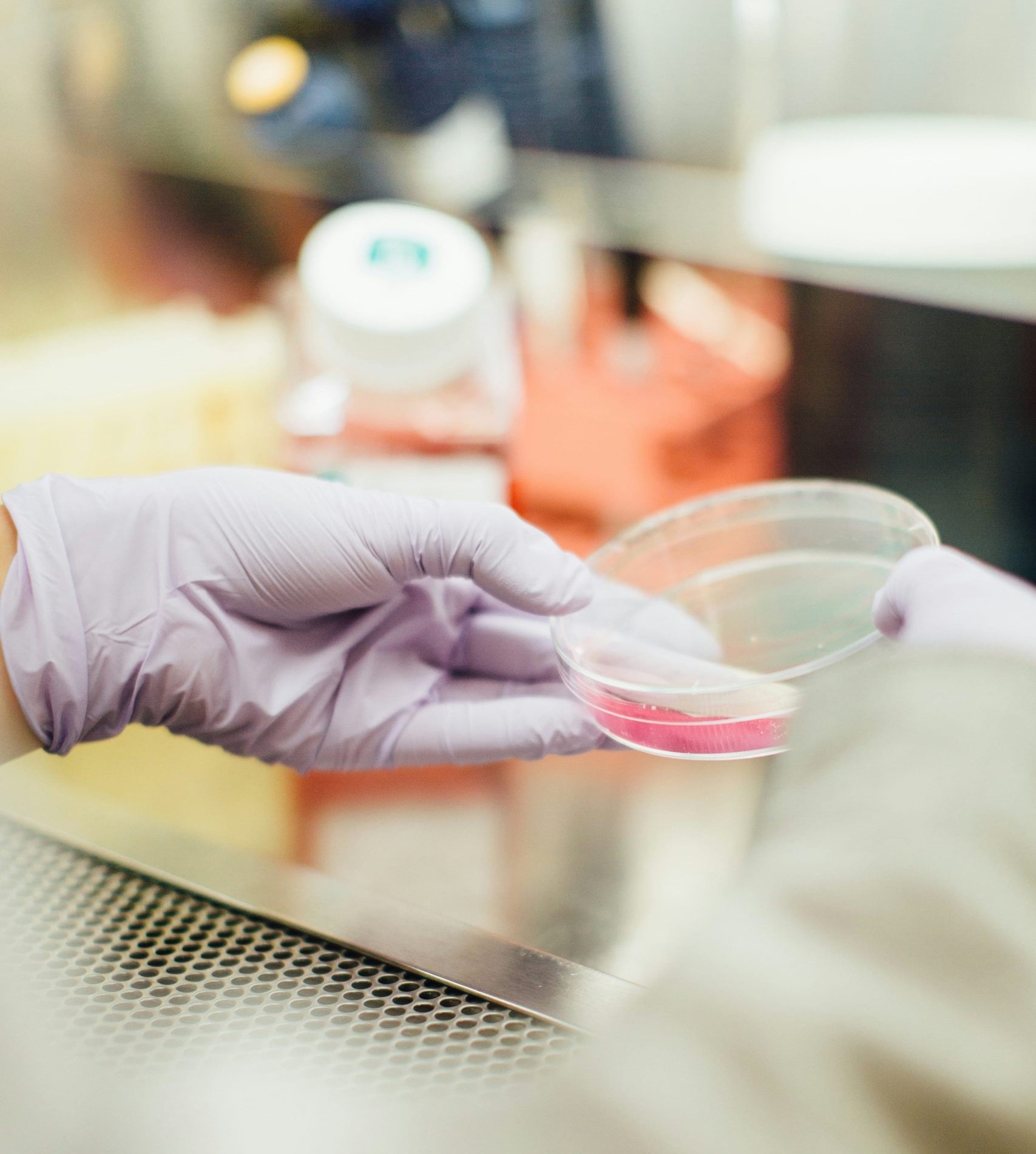
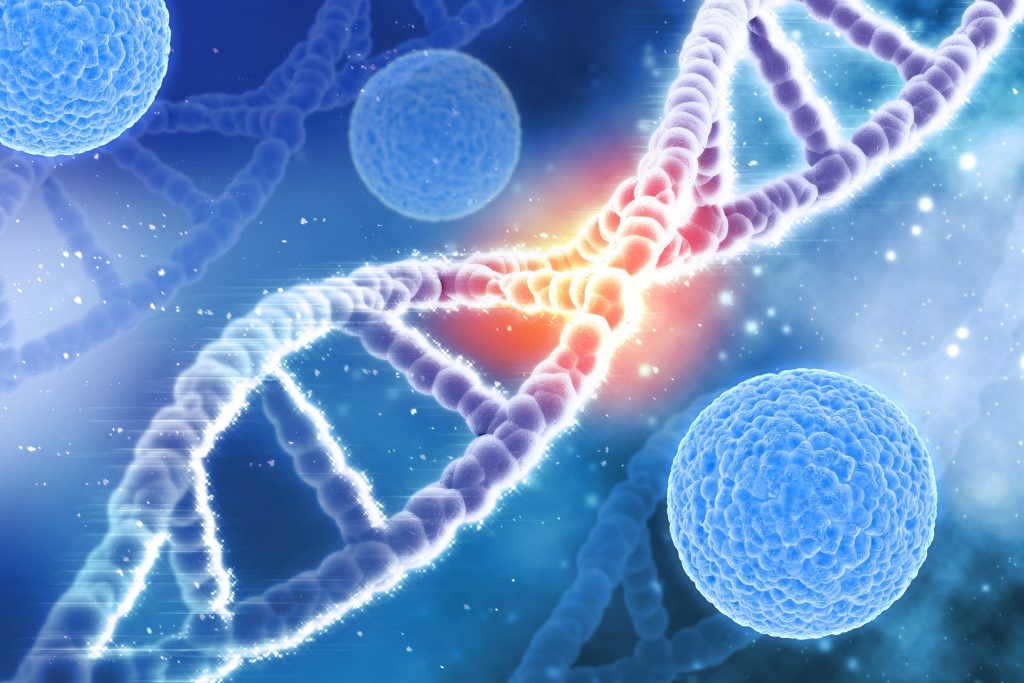
Best Healthcare
General Research Services
Whether you are working at an academic institution or in industry, if you plan to sequence cell-free DNA and analyze circulating tumor DNA please get in contact with us. We will work with you to design a project for your needs.
Our standard assays can be used for genotyping, MRD and relapse detection. Bespoke features can be added for individual projects.
